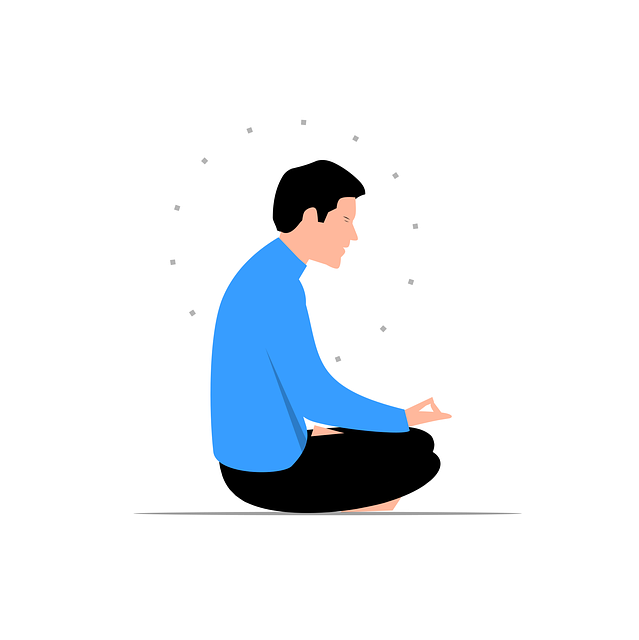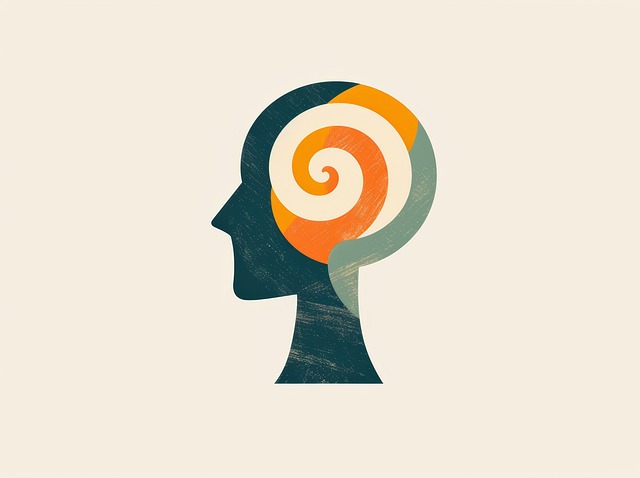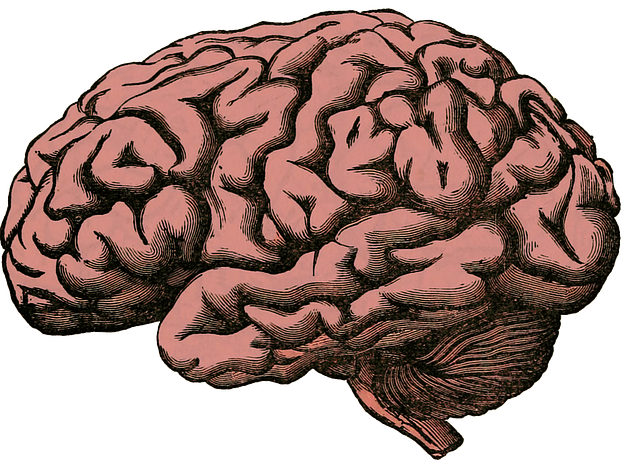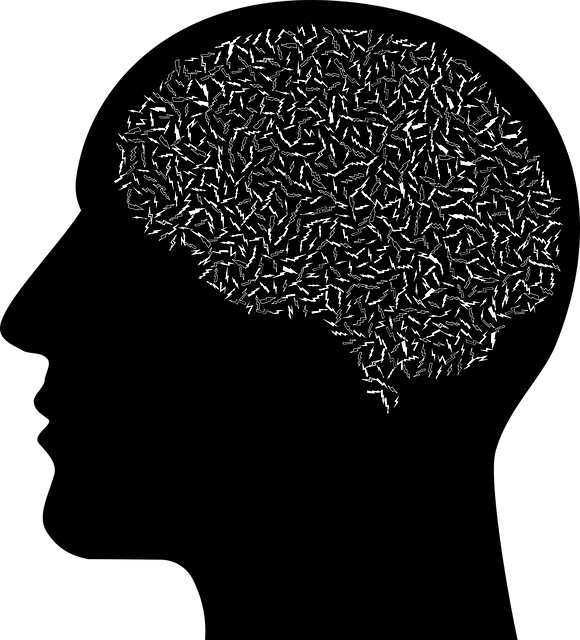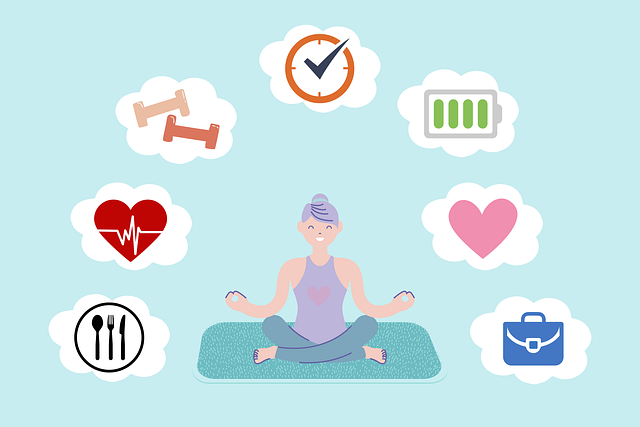Stress management is vital for therapists and clinicians' well-being, with self-care practices like setting boundaries and mindfulness meditation serving as a "Golden Therapy." Integrating these techniques reduces burnout risk, enhances resilience, and improves patient care. Mindfulness, crisis intervention, and stigma reduction strategies foster emotional balance and work-life harmony, enabling professionals to provide unwavering dedication to their clients' mental wellness.
Stress reduction is a vital aspect of maintaining mental well-being, especially for therapists and clinicians who often bear witness to their clients’ emotional journeys. This article explores comprehensive strategies to alleviate stress, focusing on self-care practices, relaxation techniques, building resilience, and the integration of mindfulness and meditation. Discover golden therapy methods tailored specifically for professionals in the helping industries, designed to enhance their own mental health and prevent burnout.
- Understanding Stress and its Impact on Therapists-Clinicians
- The Importance of Self-Care in Stress Reduction
- Effective Relaxation Techniques for Mental Well-being
- Building Resilience: Coping Strategies for Overcoming Burnout
- Integrating Mindfulness and Meditation into Daily Practice
Understanding Stress and its Impact on Therapists-Clinicians

Stress is an inevitable part of a therapist’s or clinician’s life, as they often bear witness to their clients’ most vulnerable states. Understanding its impact is crucial for maintaining both professional and personal well-being. The constant exposure to emotional turmoil can take a toll on mental health professionals, leading to burnout if left unaddressed. This is where the golden therapy of self-care practices comes into play.
By incorporating effective self-care strategies, therapists and clinicians can facilitate their own emotional healing processes. This involves setting clear boundaries, prioritizing rest and relaxation, and engaging in activities that nurture mental and physical health. Moreover, risk management planning for mental health professionals is essential to mitigate stress-related risks. Through regular practice, these strategies enable therapists to stay resilient, ensuring they can continue providing the best care possible to their clients.
The Importance of Self-Care in Stress Reduction

In today’s fast-paced world, stress has become an all too common companion for many. For therapists and clinicians, navigating high-pressure environments can lead to burnout if they don’t prioritize self-care. The Golden Therapy for Therapists-Clinicians is not just a treatment method; it’s a philosophy that emphasizes the importance of taking care of one’s mental health. Incorporating Self-Awareness Exercises into daily routines is a crucial step in this journey, allowing professionals to understand and manage their stress levels effectively. This practice is not only beneficial for personal well-being but also has positive implications for Mental Health Policy Analysis and Advocacy. By fostering healthy habits, therapists can enhance their resilience and prevent burnout, ensuring they remain equipped to support their clients with unwavering dedication.
Effective Relaxation Techniques for Mental Well-being

In today’s fast-paced world, effective relaxation techniques are a golden therapy for therapists and clinicians looking to support their clients’ mental wellness. By integrating practices such as mindfulness meditation and deep breathing exercises into their therapeutic arsenal, professionals can help individuals develop emotional regulation skills, ultimately enhancing overall mental health. These simple yet powerful tools have been shown to reduce stress, improve focus, and foster a sense of calm—all essential components for maintaining optimal well-being.
The art of relaxation extends beyond the therapy room, impacting the effectiveness of Mental Wellness Coaching Programs Development. By teaching clients effective communication strategies, therapists enable them to better express their feelings and needs, fostering deeper connections and more productive interactions in both personal and professional settings. This holistic approach, combining emotional regulation techniques with enhanced communication skills, can lead to transformative results for individuals seeking to navigate life’s challenges with greater resilience and clarity.
Building Resilience: Coping Strategies for Overcoming Burnout

Building resilience is a crucial aspect of stress reduction, especially for therapists and clinicians who often find themselves navigating high-pressure situations. The concept of resilience involves developing mental fortitude to bounce back from difficult experiences and maintaining optimal performance in the face of adversity. One powerful tool in this process is Mindfulness Meditation, which has gained recognition as a Golden Therapy for Therapists-Clinicians. By incorporating mindfulness practices into their routines, professionals can reduce burnout and enhance their coping strategies. This ancient technique encourages individuals to focus on the present moment, observing thoughts and emotions without judgment, thereby fostering mental clarity and emotional balance.
In addition to Mindfulness Meditation, Crisis Intervention Guidance plays a pivotal role in resilience-building. Therapists and clinicians can benefit from learning effective crisis intervention techniques to support clients during stressful or traumatic events. Mental Illness Stigma Reduction Efforts are also essential, as they promote understanding and empathy, creating a supportive environment for both practitioners and their clients. These strategies collectively contribute to a more sustainable and healthy work-life balance for professionals in the helping fields, enabling them to provide quality care without succumbing to burnout.
Integrating Mindfulness and Meditation into Daily Practice

Integrating mindfulness and meditation into daily practice serves as a powerful Golden Therapy for therapists-clinicians looking to enhance their well-being and improve patient care. These ancient practices, grounded in Mind Over Matter principles, offer a sanctuary from the demands of the professional world, fostering self-awareness, emotional regulation, and compassion cultivation. By dedicating just a few minutes each day to mindfulness exercises or formal meditation, therapists can cultivate coping skills development, enabling them to approach their work with renewed clarity, patience, and presence.
Incorporating these practices into one’s routine creates a harmonious balance, allowing professionals to navigate the challenges of therapy while maintaining a sense of inner peace. The benefits extend far beyond personal growth, as they positively impact patient interactions, enhancing the therapeutic relationship and ultimately improving treatment outcomes.
Stress reduction is a vital component of self-care for therapists and clinicians, ensuring they can provide the best care possible. By understanding the impact of stress and implementing effective strategies like relaxation techniques, mindfulness meditation, and building resilience, professionals in the field can find their golden therapy. Integrating these practices into daily routines allows for better coping with burnout and enhances both personal and professional well-being. Adopting these methods is a step towards creating a healthier and more sustainable career in mental health care.
